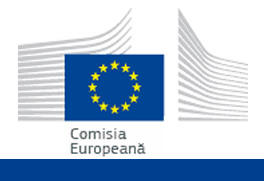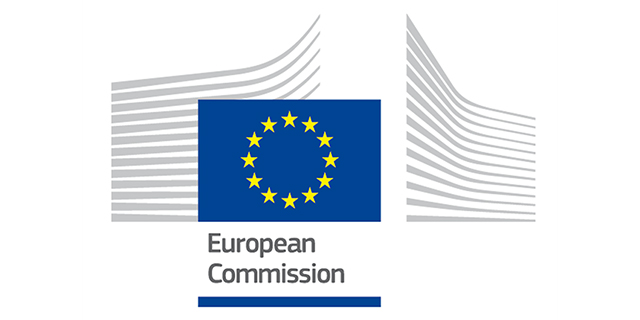The Ministry for Finance welcomes the 2017 Country Report on Malta, published by the European Commission.
The report is a comprehensive and in-depth review which not only takes into account the economic performance of the country, but also the progress made by reforms undertaken so as to strengthen the economy’s resilience.
The report acknowledges Malta’s impressive levels of economic growth and more importantly recognises that “poverty and social exclusion risks are declining.”
Indeed, the European Commission expects that over the coming years, average potential economic growth will exceed pre-crisis performance backed by increased productivity and investment. However, higher growth will not come at the expense of growing inequalities. In fact, the report states that income inequality remains stable and below the EU average, concluding, “…overall the system shows high coverage and adequacy of benefits and recent reforms are likely to further improve it.”
Furthermore, the Commission recognises that the overall risk of poverty and social exclusion decreased in 2015 and expects the 2017 social Budget measures will continue to reduce it further.
On employment, the report noted that positive developments in the labour market in particular the strong employment growth reflected: “the creation of jobs, the take-up of economic opportunities by the growing working age population….and the rising labour force participation.” The latter mainly referring to the increase in the female participation rate.
The European Commission comments positively on external trade. It acknowledges Malta’s current account surplus and attributes the improving external balance to structural factors including the increasing importance of export-oriented and less capital-intensive services as well as the implementation of energy and transport reforms aimed at further lowering the energy intensity of the economy freeing up resources for investment.
It acknowledges that in recent years, the fiscal balance has improved while the debt-to-GDP ratio has been on a downward trend as a result of strengthened primary balances and GDP growth.
The European Commission further notes that the Government has responded with several measures to, improve pension adequacy and sustainability, increase effectiveness of the healthcare system, as well as address growing labour shortages.
Minister for Finance, Prof Edward Scicluna commented that, “The European Commission found that the Maltese Government is not only creating wealth, but through its budgets, is succeeding in distributing wealth as well, thus fostering an inclusive society. I was also pleased that the Commission also notes that private debts are decreasing too. The ratio of domestic and commercial loans have fallen drastically to 130 percent of GDP from over 170 percent of GDP in 2009.”
Wednesday 22nd February 2017

